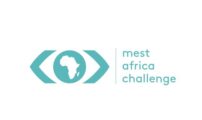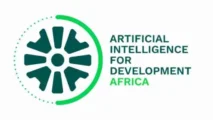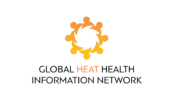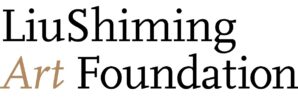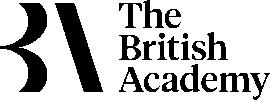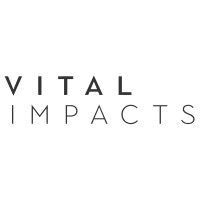Requirements
- A law degree from a recognized academic institution
- Practicing Certificate and work authorization:
- The applicant must be admitted to practice as a lawyer in the country of the selected host organization.
- Fellows are expected to be based in the country of their host organization, and as such, should have the right to work in the host organization’s country. Our host organizations are based in The Gambia, Kenya, Liberia, Malawi, Sierra Leone, South Africa, and Tanzania.
- Please note that regional organizations – the Institute for Human Rights and Development in Africa (IHRDA), based in The Gambia, and the Pan African Lawyers Union (PALU), based in Tanzania – are willing to accept applications from qualified candidates licensed to practice law in other African countries. They may be able to support some international relocation costs and work permits in such cases. However, for all other organizations, costs relating to international relocation and acquiring work authorization cannot be supported.
- Relevant work experience:
- At least two years of post-qualification experience in the legal field. As this fellowship is for early-career women lawyers, we will be less likely to consider women with more than five years of legal experience post-qualification.
- Experience in women’s rights and working in human rights organizations is preferred.
Benefits
- A paid work placement at a leading human rights organization in Africa which focuses on gender justice issues and strategic litigation
- Mentorship by WJW’s Head of Fellowships and host organizations’ supervisors
- At least one in-person convening and an extensive monthly online training program led by leading human rights experts
- Networking opportunities with leading human rights experts, lawyers, judges, activists and academics and participation in events such as Obama Foundation’s Girls Opportunity Alliance
- Access to the WJW Fellowship Alumni Program network for continued support, knowledge sharing and collaboration


